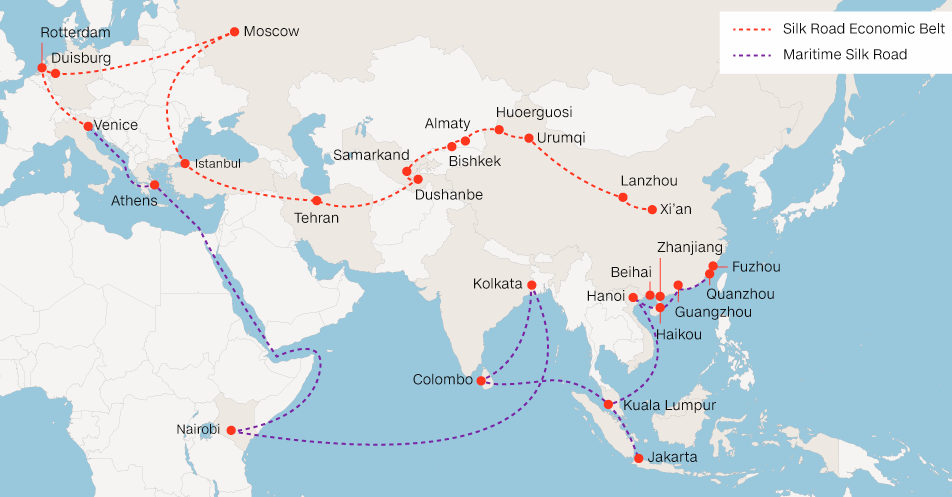
Shi Yinhong, Professor, Renmin University
Aug 23, 2016
Amid changes in global political culture and turbulent relations between powers, it is unprecedentedly difficult to create, readjust and implement rules of global governance. Efforts must be made to resist the populist, nativist and nationalist political culture that is expanding and increasing throughout the world so that major-power relations can be stabilized and improved.
Aug 22, 2016
It is unlikely that the decision by The Hague on the Philippines case will settle all of these matters. That said, one can envision a path forward, beginning with an immediate freeze on all activities in the disputed territories. That would lower tensions, allowing everyone to take a deep breath.

Sourabh Gupta, Senior Fellow, Institute for China-America Studies
Aug 22, 2016
The arbitral panel had an opportunity to chart a constructive approach to one of the foremost legal questions of the Asia-Pacific. However, where it should have chosen to foster mutually cooperative tendencies on ill-understood provisions of the law, the award performed a disservice with consequences that will reverberate for a considerable time to come.
AP, The Associated Press
Aug 18, 2016
Philippine President Rodrigo Duterte said he will not raise long-simmering maritime disputes with China at a meeting of Southeast Asian nations in Laos next month, preferring to talk quietly with Chinese officials.
Tao Wenzhao, Honorary Member of the Chinese Academy of Social Sciences; Fellow, CASS Institute of American Studies
Aug 18, 2016
Difference and rivalry exist between China and the US, but it is also true that they share common interests and need cooperation. This “rivalry plus cooperation” relationship will continue, despite talk of war that some fear could develop into a self-fulfilling prophesy.
He Yafei, Former Vice Minister of Foreign Affairs
Aug 16, 2016
Asia is famous for its multiple civilizations and their core value systems that have guided Asian nations since ancient times. Recent decades have seen China making great contributions to regional economic growth and unity with its peaceful and rapid development. Common development will always be the hallmark of this great region.

Lucio Blanco Pitlo III, President of Philippine Association for Chinese Studies, and Research Fellow at Asia-Pacific Pathways to Progress Foundation
Aug 15, 2016
Connectivity is a shared interest for China and Southeast Asia, and the Maritime Silk Road represents part of the continuing efforts to highlight this. Southeast Asia is important for China’s neighborhood and periphery diplomacy; hence the management or resolution of regional concerns represents a continuing challenge for Chinese foreign policy.
Aug 12, 2016
On August 10-11, Philippine Former President and Special Envoy Fidel V. Ramos met in Hong Kong with his old friends -Madam Fu Ying and Professor Wu Shicun in a friendly atmosphere. They discussed, in their private capacity, the way forward in the spirit of universal brotherhood and sisterhood for peace and cooperation between the two countries.
Zhao Weibin, Researcher, PLA Academy of Military Science
Aug 12, 2016
Cooperation in non-security areas is stimulating more opportunities in security areas, despite efforts by third parties to diminish strategic trust between the two navies.
Donald R Rothwell, Professor of International Law, Australian National University
Aug 11, 2016
The once anticipated expansive maritime entitlements of numerous small maritime features have now been determined to possess nothing greater than a 12 nautical mile territorial sea. Now, all of the claimants in the South China Sea should be able to step back and reassess how they view the region both diplomatically and peacefully.
Back to Top

- China-US Focus builds trust and understanding between the U.S. and China through open dialogue among thought leaders.
- Our Offerings
- Topics
- Videos
- Podcasts
- Columnists
- Research Reports
- Focus Digest
- Stay Connected
-
Thanks for signing up!
- Get the latest stories from China-US Focus weekly.